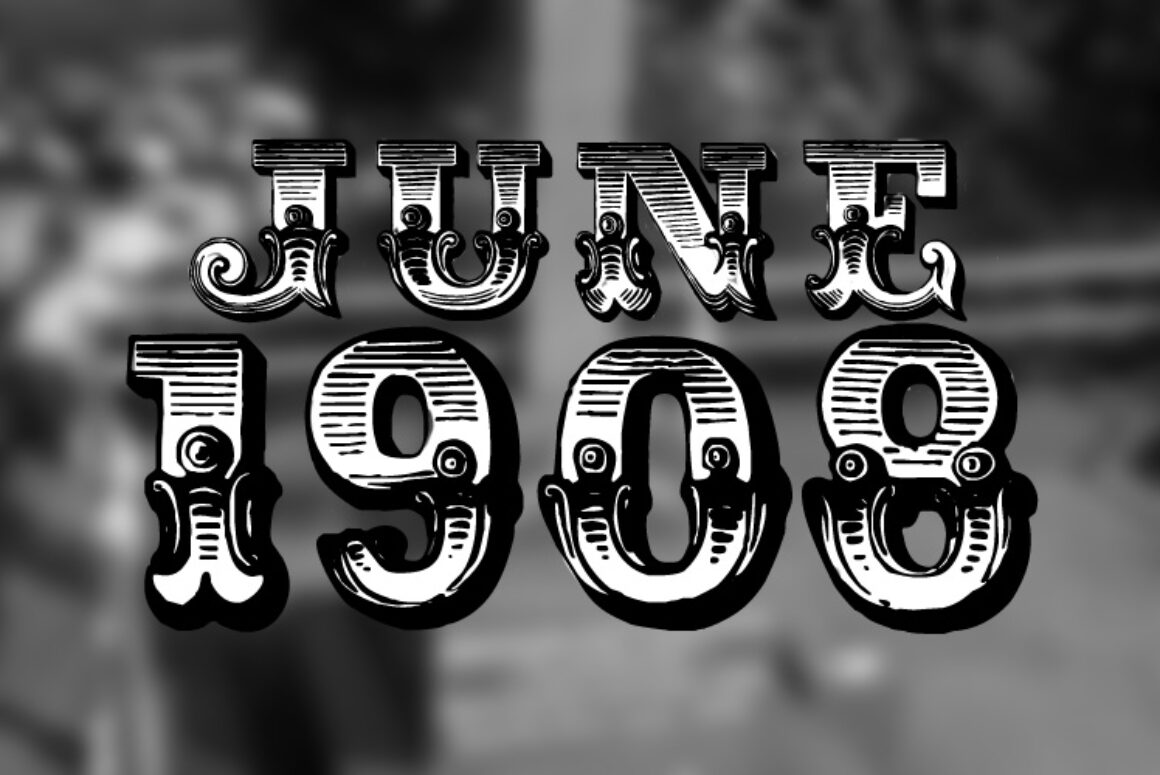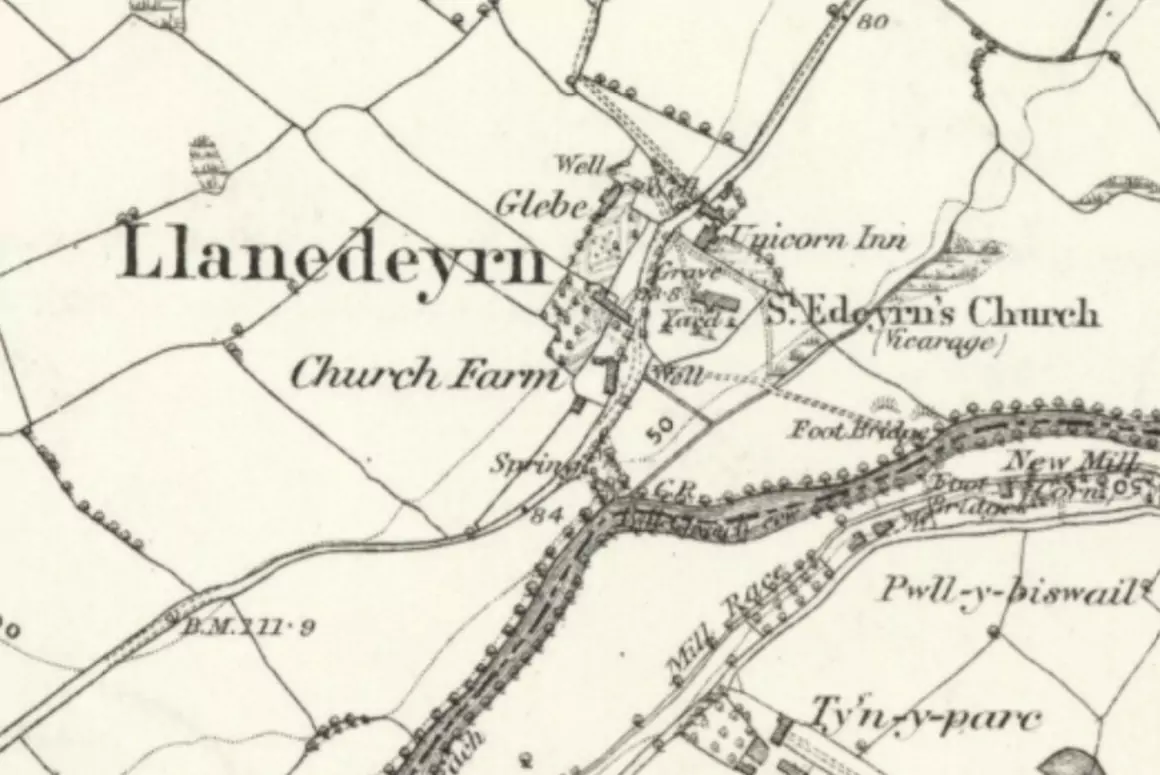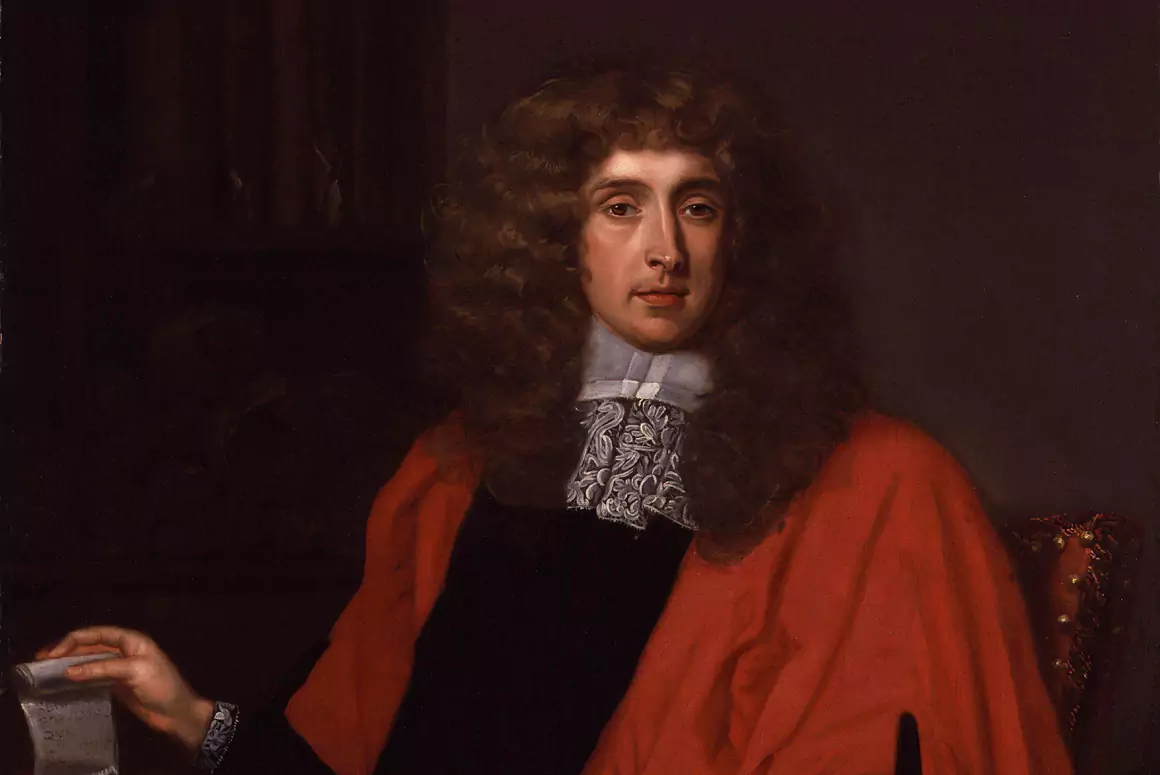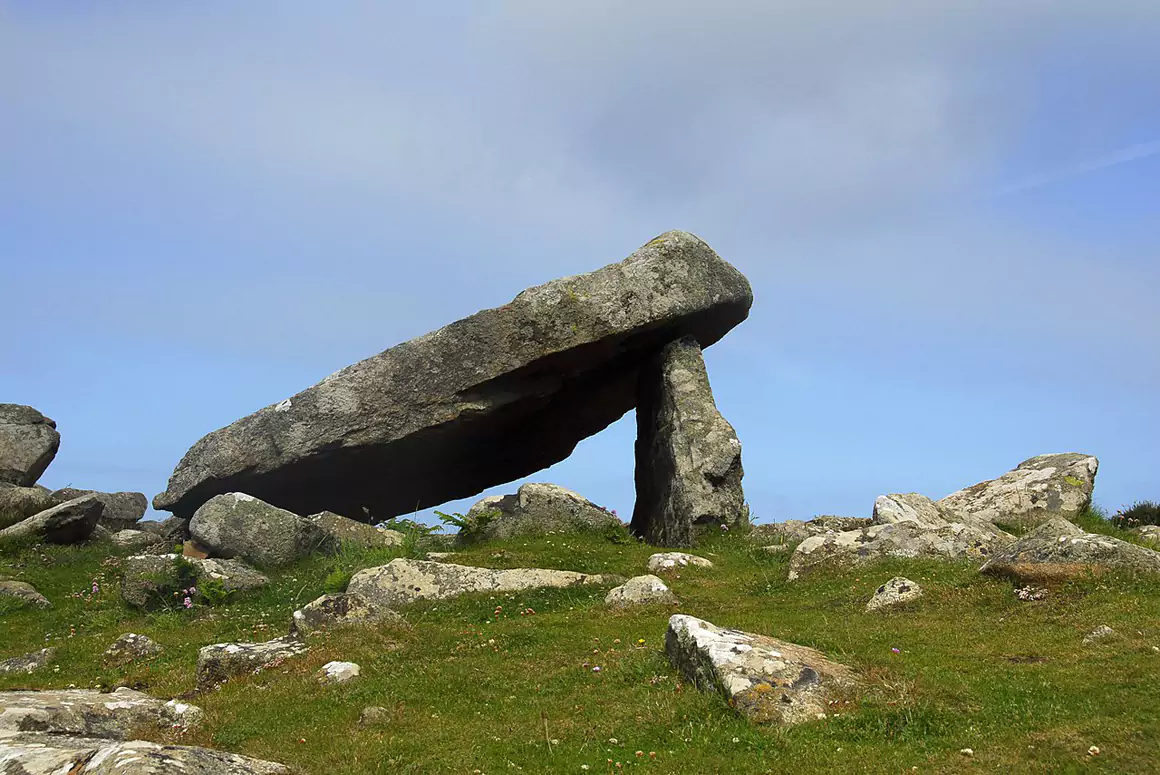![]()
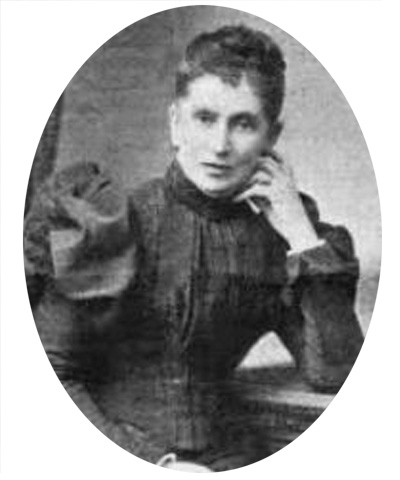
The great Welsh novelist Allen Raine died in June 1908 and my piece this month looks at her remarkable life. She is a sadly neglected figure today and yet towards the end of her life she was one of the best-selling authors in the world, selling over two million copies of her novels, all of which are set in Cardiganshire. And that is where Allen Raine is buried, in St Michael’s Church, Penbryn, close to her home in Tresaith. Her polished oak coffin was simply inscribed ‘Anne Adaliza Puddicombe. Died June 21st 1908; aged 71 years’ and she was laid to rest in the old circular churchyard next to her husband who had died two years earlier. This was where they had married more than thirty years earlier. One of the floral tributes was sent by a sailor called Rees Thomas, and included a quotation from her novel, Torn Sails.
Torn sails and broken mast, but the boat is safe at home at last.
She was born as Anne Adaliza Evans on 6 October 1836 in Newcastle Emlyn, the eldest child of Benjamin Evans, a solicitor. She was educated privately, and every summer of her childhood was spent in the seaside village of Tresaith. Her affection for the place never deserted her – all her books are inspired by Tresaith and Llangrannog, It was, she said, ‘the dearest spot on earth.’ She was musical and artistic, a keen botanist and fluent in both English and Welsh. She married Beynon Puddicombe, a banker and the son of a solicitor from London in April 1872 and, after a honeymoon in Devon, they settled in Addiscombe near Croydon. However, for at least ten years (some say as many as fifteen) after her marriage, she was virtually bedridden, kept a prisoner, they said, on her sofa. Once she had recovered, her husband—a banking executive who excelled as an amateur painter – had some kind of mental health crisis which left him paralysed. It was now for Ada to repay the care and devotion he had given her. They moved to Tresaith in 1900, to a gabled bungalow called Bronmor built by Beynon Puddicombe with his generous pension.
Ada came to her writing later in life. She had had a troubled time of things, after all. At one time she had been a frequent contributor to a local magazine called Home Sunshine, but in 1894 she submitted Ynysoer a story dealing with a fishing community on a fictional island off the Cardiganshire coast, for National Eisteddfod in Caernarfon. She shared the first prize and the book was serialised in the North Wales Observer, although only published posthumously as Where Billows Roll.
She struggled to find anyone to accept her next work, Mifanwy. It was eventually accepted by Hutchinson, with a new title A Welsh Singer, after she paid them £20 to read her manuscript. It certainly was money well spent; on its publication in 1897 it became an instant success.

Allen Raine wrote every afternoon from two to four, lying on her sofa and dictating her story to an amanuensis. The rest of her day was devoted to her husband. She was a rapid and prolific writer. Torn Sail, published in 1898, was a huge success and in almost every following year a new work appeared – By Berwen Banks in 1899, Garthowen in 1900 and A Welsh Witch, her most complex work, was published in 1902. On the Wings of the Wind which appeared in 1903 was well received by Spectator Magazine, though they thought the book was written by a man. Neither Storehouse nor Barn, which first appeared in serial form in the Cardiff Times, was another title published posthumously.

Raine is sentimental sometimes, but her writing is always based on what she saw around her. She was writing about her own people. As she said towards the end of her life, she was happy that she would always be able to say that she had never written in her books anything about which she need to be ashamed. She went on, ‘there (is) scarcely one scene depicted in my books which I have not personally witnessed or at least known to have occurred.’ Consequently, what she writes is a wonderful window into the disappeared world our rural past. Her books satisfy a yearning for a less complicated and perhaps more picturesque life, where boy meets girl, they part, and after much trauma they are finally re-united. It is a comforting world of moral certainties, where good and love always triumph.
Her work also played a vital part in the development of early Welsh Cinema – at least three of her books were turned into silent films that were shot on location in the area, in which local villagers were used as extras. The Welsh Singer, featuring Florence Turner (in her latest and greatest triumph) was filmed ‘among the wild glens and rugged mountains of Wales’ which, according to the Cardiff press, showed the finest characteristics of the children of Wales are shown at their best.’ Sadly all the film versions of her work have been lost. When they went, something precious disappeared. Photographs taken during production are all that remain of films that were once so very popular in Wales.
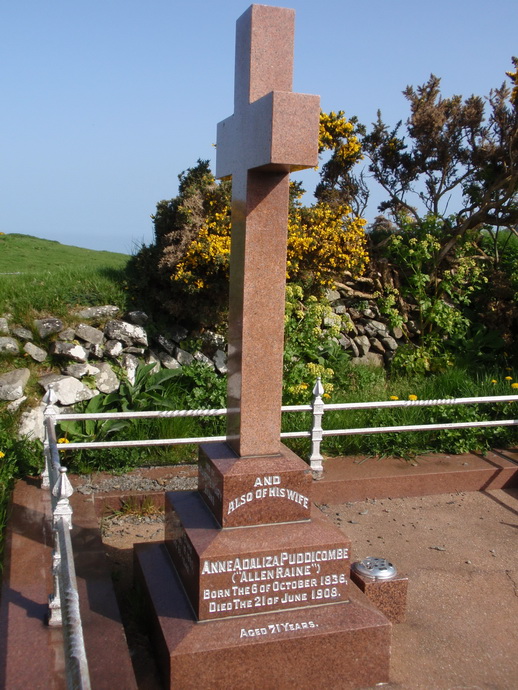
And that pseudonym? She said that that one night she dreamt she saw the words ‘Allen Raine’ in large white letters on the wail of her bedroom. In the morning her husband, on hearing of her dream, advised her to adopt the name.
Beynon Puddicombe died in 1906, shortly before Ada developed breast cancer which her consultant, rather fancifully I think, said was probably induced by trouble and grief. Despite her fame she was regarded as modest, unassuming and kind by the local people.
In the days before she died, Ada wrote a touching verse in the autograph book of Miss Thomas, the nurse who had been looking after her.
Oh maiden with the gentle hand,
One of that ministering band,
Who comes at sickness’ stern demand to help us on our way
From sorrow may you ere be free
May pains and sickness from you flee
And may the ease you brought to me, attend you day by day.
These were the last words of Allen Raine, who fought her own troubles and sorrow to bring pleasure to millions, by letting them see her vanishing world and read her dreams.
This is shortened version of one of the chapters in my book, Grave Tales From Wales Volume Two, available now on my website.


